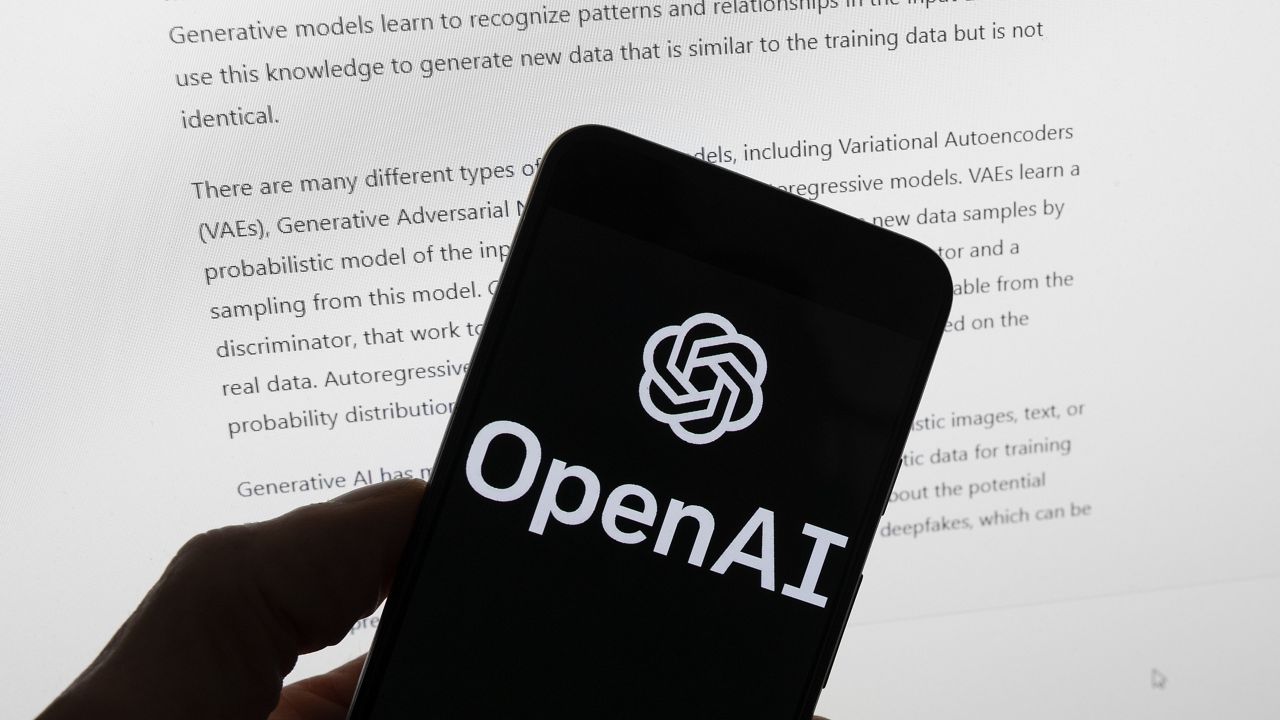Michael Connelly, John Grisham, George R.R. Martin and Jodi Picoult are just some of the A-list writers suing OpenAI for copyright infringement in a new class action lawsuit.
Filed in U.S. District Court in New York on Wednesday, the suit alleges the artificial intelligence company flagrantly and harmfully infringed upon the authors’ registered copyrights for written works of fiction.
Dozens of authors and the Authors Guild that represents them filed the suit, claiming OpenAI copied their work without permission or consideration and fed it into so-called large language models that generate sequences of words to predict a subsequent word and generate text.
“Without Plaintiffs’ and the proposed class’ copyrighted works, Defendants would have a vastly different commercial product,” Attorney Rachel Geman said in a statement. A partner for the law firm Lieff Cabraser & Cowan and co-counsel for the Plaintiffs added, “Defendants’ decision to copy authors’ works, done without offering any choices or any compensation, threatens the role and livelihood of writers as a whole.”
The lawsuit comes about a week after a different group of writers, including Pulitzer Prize winner Michael Chabon, sued Meta for its alleged illegal use of their work to train the company’s artificial intelligence software. The group has also sued OpenAI on the same grounds, alleging the tech company profits from illegally using the authors’ copyrighted materials.
The writers in all three lawsuits were part of a group of more than 10,000 Authors Guild members who signed and sent a letter in July to the chief executives of leading Ai companies, including Meta and OpenAi, as well as Alphabet, IBM and Microsoft. The letter called out the companies for using the writers’ copyrighted work to train their AI systems and asked them to obtain consent forms and provide compensation for doing so.
Comedian and author Sarah Silverman filed a similar lawsuit against OpenAi and Meta in July, accusing them of copyright infringement, following another lawsuit against OpenAi filed in June by the authors Paul Tremblay and Mona Awad.
“Creative professionals around the world use ChatGPT as a part of their creative process," an OpenAI spokesperson told Spectrum News. "We respect the rights of writers and authors, and believe they should benefit from AI technology. We’re having productive conversations with many creators around the world, including the Authors Guild, and have been working cooperatively to understand and discuss their concerns about AI. We’re optimistic we will continue to find mutually beneficial ways to work together to help people utilize new technology in a rich content ecosystem.”
The authors’ lawsuit comes as the Writers Guild of America and the Screen Actors Guild are seeking protections over AI’s use in Hollywood, including the right to use their likenesses into perpetuity. The two groups have been striking the Alliance of Motion Picture and Television Producers since summer.
Last week, actor Stephen Fry claimed Ai had been used to steal his voice for narration. The audiobook narrator for the “Harry Potter” series in England told Forbes his artificial voice could “have me read anything from a call to storm Parliament to hard porn, all without my knowledge and without my permission.”
With public outcry over AI intensifying, a Senate Judiciary subcommittee met with tech executives last week to as part of an ongoing effort to create a congressional framework to govern AI. Congressional committees have held more than 10 meetings so far this year on the technology.



